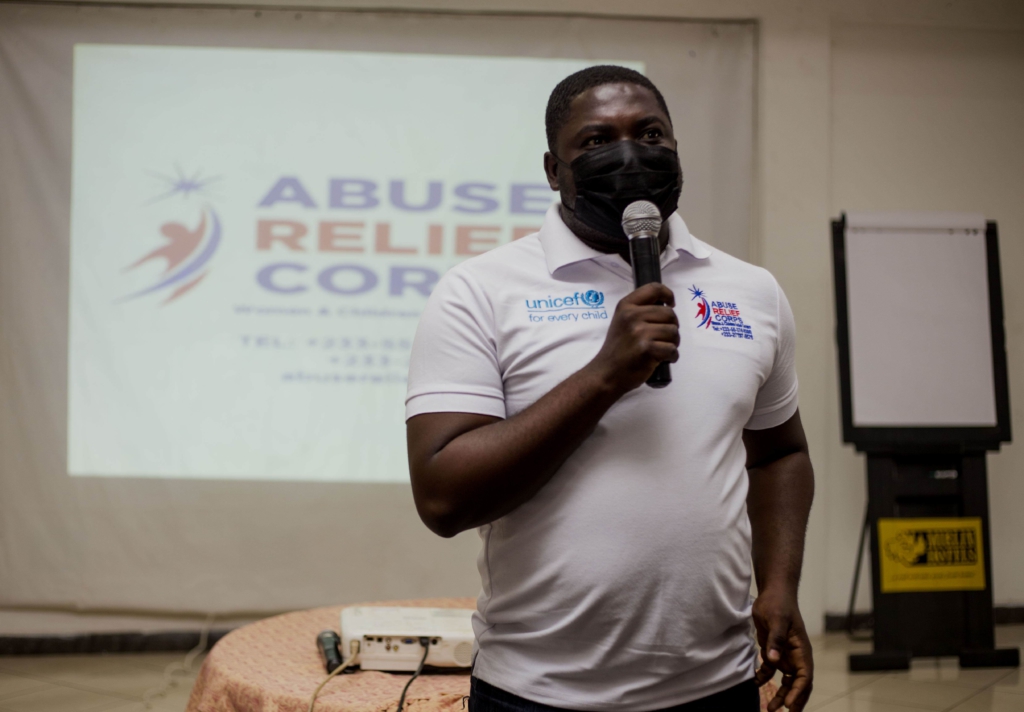
Audio By Carbonatix
Victims of sexual and gender-based violence are often challenged when it comes to footing the bills for their medical reports.
Such bills, costing between GH¢300 and GH¢1,000, are not covered under the National Health Insurance Scheme.
The quest for justice in the prosecution of perpetrators is therefore impeded.
Stakeholders in the fight against sexual and gender-based violence are therefore pushing for the absorption of such costs by the NHIS.
Failure to get signed medical reports in cases of abuse often leave suspected offenders to go scot free.
"The main point of advocacy is about medical reports. We all came to agree that rather than tackle the doctors charging the fee because there is an argument that they also need it for the transport and own expenses, the surest way is getting it added to NHIS so that they can cover the cost", Anthony Boateng Bediako, Director of Abuse Relief Corps told stakeholders at a workshop.
Abuse Relief Corps, a non-governmental organisation, has been providing financial assistance for medical examination of abused victims, and supports police investigations and prosecution of accused persons.
At one of its workshops in Kumasi, stakeholders, including the police, personnel from Social Welfare, judiciary, media, Ghana Education Service and civil society organizations discussed and proposed best case management practices for sexual and gender-based violence.
They called for deeper collaboration to curb such abuses.

Anthony Boateng Bediako, Director of Abuse Relief Corps, summarized the proposals of stakeholders at the forum.
" As various actors, let's say, with the police, with Social Welfare, with issues of transportation, we looked at how they can coordinate with other NGOs like ourselves so that we can get the cases done.
"And then even with GES, they also advocate to get more guidance and counseling officers and to look at how we can screen teachers that are employed to work or teach children; and Social Welfare too, we are looking at ways that they can improve their coordination, getting the service directory up so that they can be contacted at every point in time whenever the police or any other person is in need of protection.
"And the police also to coordinate to refer cases and ensure that whilst they handle the criminal bit, the other sectors can look at the Social Welfare needs."
The workshop was supported by UNICEF.
Latest Stories
-
Why Ghana must maintain the NPA’s price floor in the petroleum market
2 hours -
Serwaa Amihere apologises to PRESEC community over ‘homosexual breeding ground’ comment
3 hours -
Dr Arthur Kennedy slams NPP’s “dubious” plot to expel Prof Frimpong-Boateng
3 hours -
The role of foreign elements in the radicalisation of recent protests in the Islamic Republic of Iran
5 hours -
NPP discipline must extend to Akufo-Addo over poor governance – Arthur K
5 hours -
Bryan Acheampong warns of permanent NPP split if Bawumia or Ken wins 2028 ticket
5 hours -
PRESEC condemns ‘homosexual breeding ground’ comment by Serwaa Amihere; distances school from LGBTQI label
5 hours -
NPP race: Bryan Acheampong chides Kennedy Agyapong over support for eventual winner
5 hours -
Choose candidates who can win power in 2028—Wontumi to NPP
6 hours -
NRSA: Speeding, drink-driving behind 18.5% surge in road fatalities
7 hours -
GPL 2025/26: Asante Kotoko draw with GoldStars to extend winless run
9 hours -
Fire guts temporary wooden structures at Afful Nkwanta in the Ashanti Region
10 hours -
Haruna Iddrisu didn’t approve gender identity content – Education Ministry
10 hours -
‘We are not for sale’: Thousands rally in Greenland and Denmark against Trump’s annexation threat
10 hours -
Deputy Education Minister directs GES to act on video of SHS students displaying charms
11 hours

